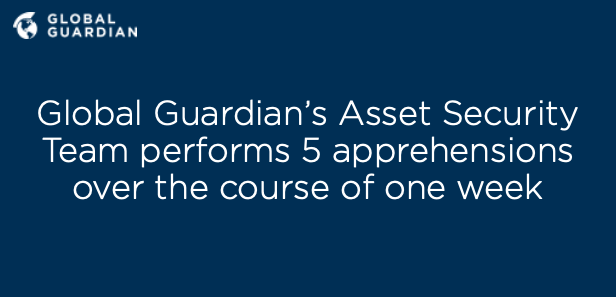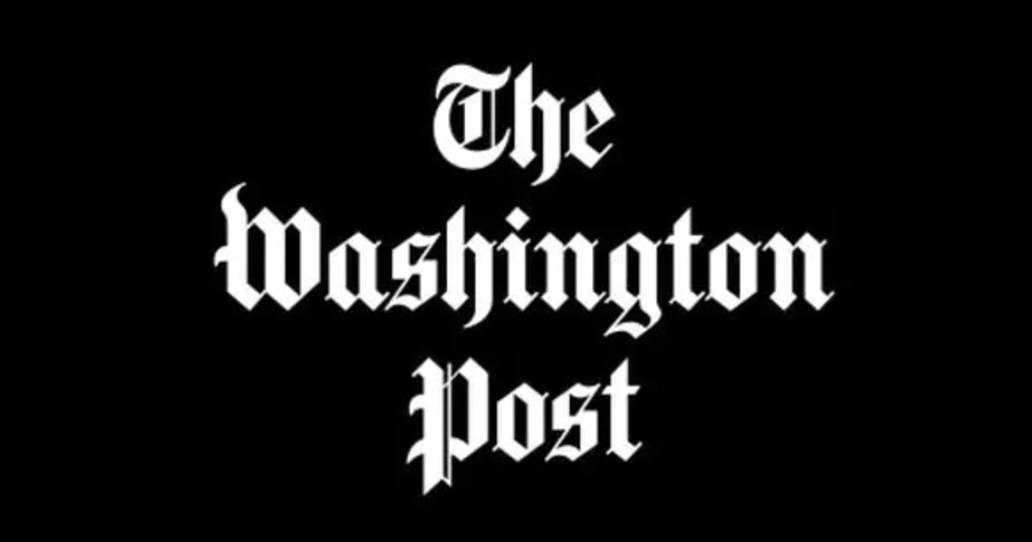As many states begin to relax social distancing guidelines, the focus is now shifting to what the new normal looks like and how to return to work and our routines safely and effectively.
In our recent webinar, the Global Guardian team discussed a few helpful tips as we enter into this new phase, including appointing a COVID-19 czar/coordinator, returning your workforce in shifts, instituting screening protocols, installing sanitizer stations, and more.
In addition, we continue to identify and offer a variety of products and services to support clients through the different phases of the COVID-19 pandemic.













